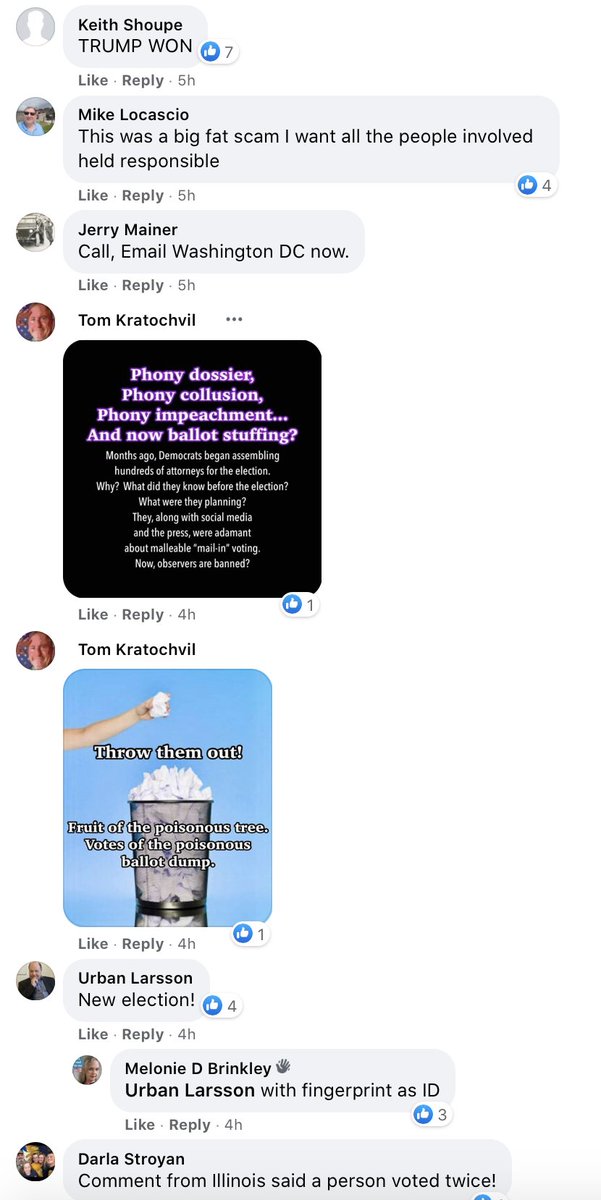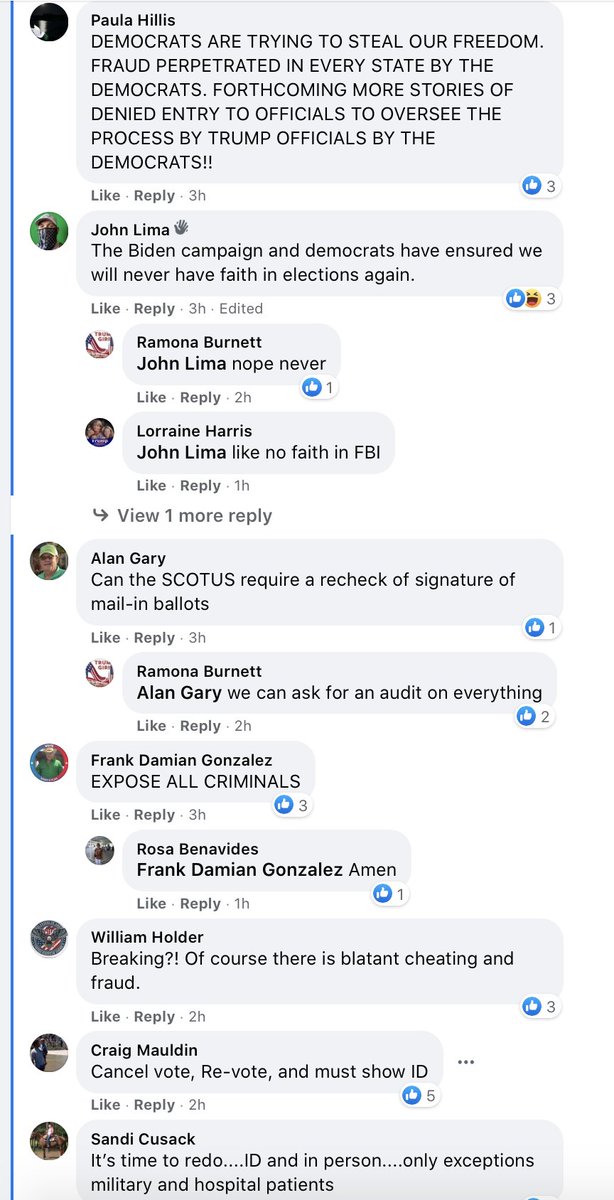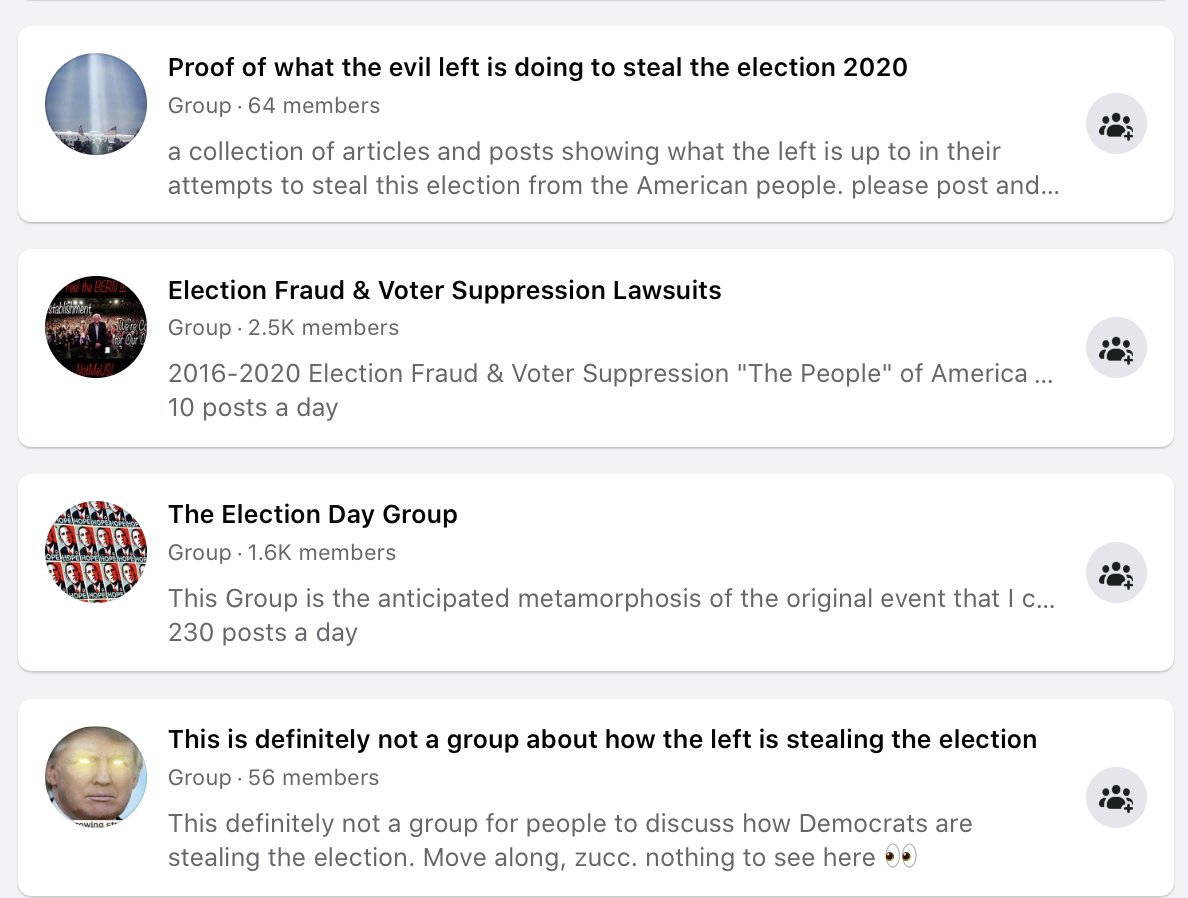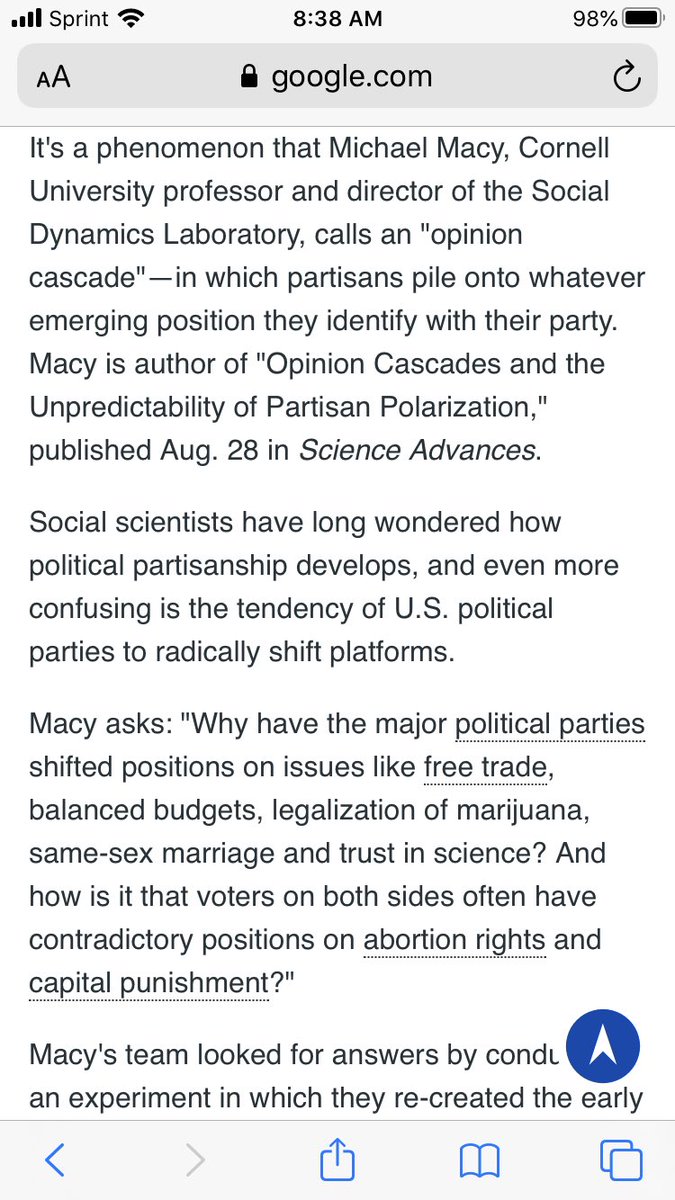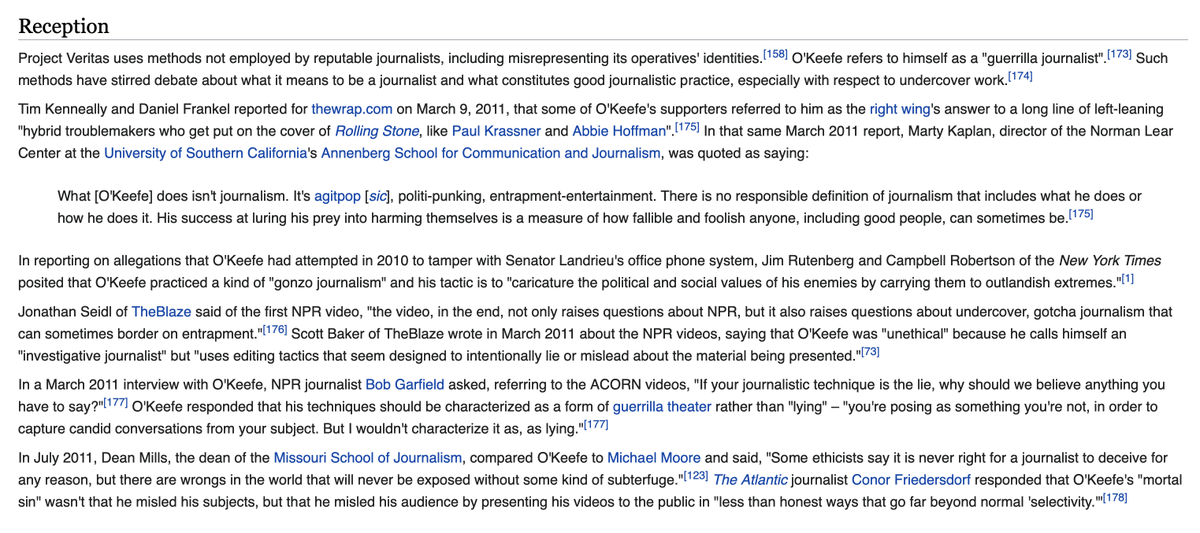I saw 'Social Dilemma', about social media effects.
Keep expecting these shows to point out what is IMO root cause: this media radicalizes & divides us because it works on some of our social/psych weaknesses. Isn't about the algorithms (although obv those can accelerate).
Keep expecting these shows to point out what is IMO root cause: this media radicalizes & divides us because it works on some of our social/psych weaknesses. Isn't about the algorithms (although obv those can accelerate).
Psych factor #1: We believe more strongly in things we write down (see Deutsch & Gerard study). Writing things down even secretly makes us commit more to those ideas.
But writing things down publicly is whole other level: we feel committed, we double down, we're defensive.
But writing things down publicly is whole other level: we feel committed, we double down, we're defensive.
Psych factor #2: Being in group of like-minded people makes us more extreme (shown by several studies & intuitively obvious).
Social media creates bubbles. People in those bubbles tend to get more extreme through not being questioned, & through sharing of biased or false news.
Social media creates bubbles. People in those bubbles tend to get more extreme through not being questioned, & through sharing of biased or false news.
These basic aspects of social media and how they work on us have nothing to do w/ algorithms, or specific product features.
You'll see people act as if this can be fixed w/ algorithm changes, or better mgmt, or that it's only a conservative problem.
You'll see people act as if this can be fixed w/ algorithm changes, or better mgmt, or that it's only a conservative problem.
Doubt the experts who talk as if it's a matter of better mgmt, or better algorithms, or better products. They have something to sell (their expertise).
These things are tearing us apart, and it's because they exaggerate some basic aspects of our social/psych nature.
These things are tearing us apart, and it's because they exaggerate some basic aspects of our social/psych nature.
Just saw @tristanharris is on latest Sam Harris podcast. That should be an interesting talk. Curious if they talk about the fundamental social/psych factors underlying social media problems.
Another factor in how social media divides and polarizes us: familiarity breeds contempt. Learning so much about others seems to make us dislike them more; there seems to always be something to dislike.
A study on this by @danariely et al: hbs.edu/faculty/Public…
@JonHaidt
A study on this by @danariely et al: hbs.edu/faculty/Public…
@JonHaidt
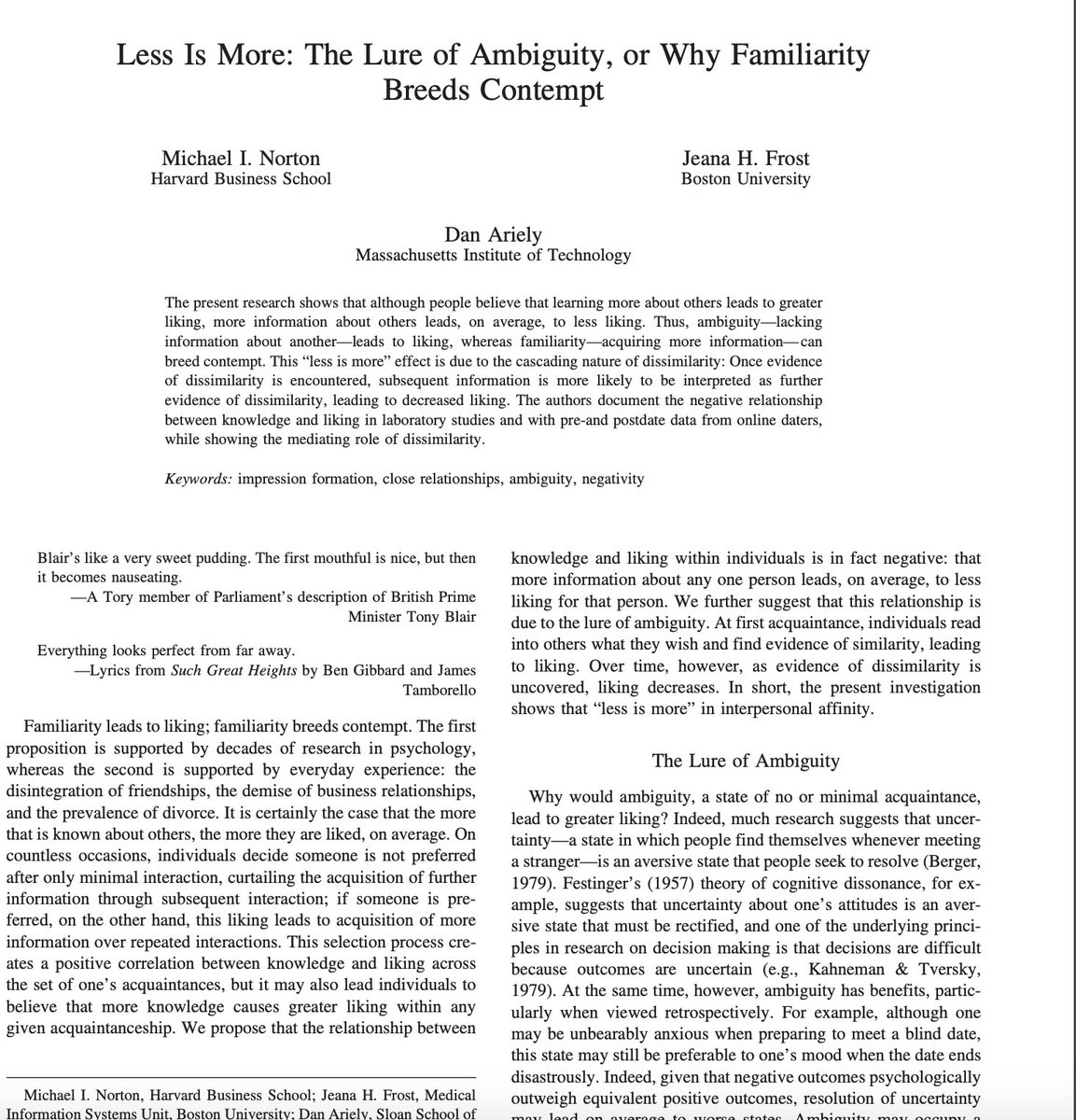
• • •
Missing some Tweet in this thread? You can try to
force a refresh






